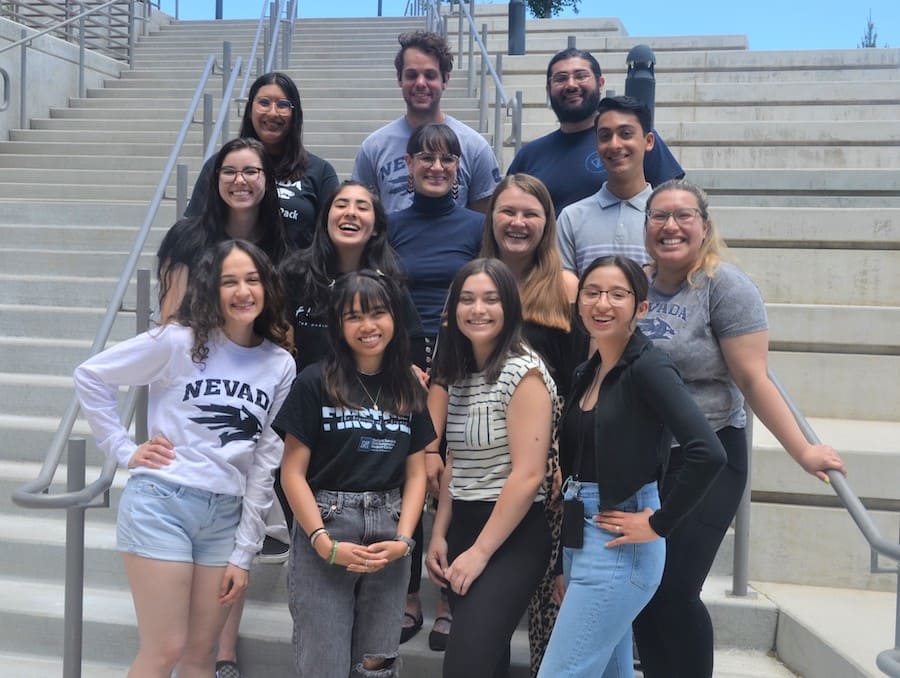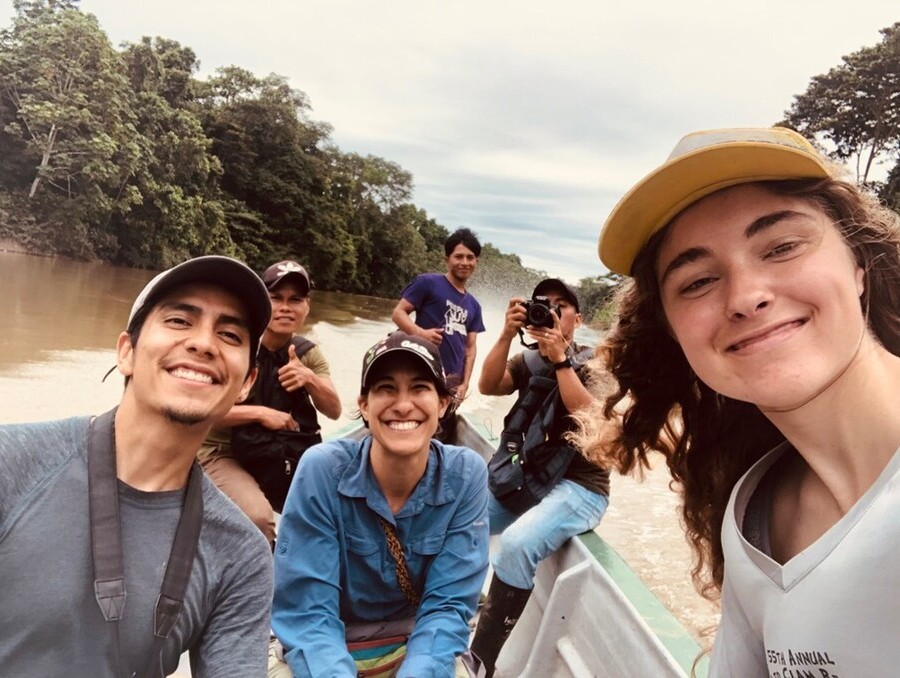Last month, the United States Secretary of Education Miguel Cardona announced that the United States Department of Education awarded $51.7 million in 189 new grant awards to higher education institutions across the nation. The University of Nevada, Reno’s McNair Scholars Program grant proposal was funded through 2027 at $274,983 per year, almost $1.4 million in total.
The University of Nevada, Reno is one of 55 universities that are designated as minority-serving institutions. Alongside these colleges, 14 historically Black colleges and universities were also included in the list of grantees.
The grant awards are part of the Ronald E. McNair Postbaccalaureate Achievement Program (McNair), which helps fund various projects, such as undergraduate research, conference travel and GRE preparation, for disadvantaged students that serve as preparation for graduate school and doctoral studies. McNair is one of various federal TRiO programs that are focused on providing services for students that come from disadvantaged backgrounds.
The programs target low-income individuals, first-generation college students and students in graduate school who identify as belonging to marginalized groups to help them get the support they need during their undergraduate years.
“The mission of McNair Scholars is to try and produce a higher proportion of people with Ph.Ds, who are also first-generation, come from income-qualified backgrounds or are underrepresented in graduate school, so that they can return to back campuses as professors, researchers or administrators. In this way, those serving in higher education more closely resemble the student body they serve,” McNair and TRiO Scholars Associate Director Heather Williams said.
With this grant-funding, McNair programs, including the one here at the University, are able to help fund various opportunities and resources like paid research internships, academic and personal seminars, tutoring and counseling.
McNair is not the only program that the University offers for disadvantaged students. Student Services is also home to the First Generation Student Center (FGSC) that includes a few other programs, such as First in the Pack, TRiO Classic and TRiO Stem Scholars, which target first-generation college students to help them navigate their undergraduate years. It also houses Fostering the Pack, for former foster youth, CCAMPIS for student parents, as well as Upward Bound, which is a partnership with high schools in the area to help prepare students for college.
The faculty leading the programs believe that all students deserve equal opportunities in preparing for, attending and graduating college.
“Receiving this grant means that we're hopefully able to support that mission and to help foster the growth of these students who are going to be strong graduate school applicants, who can successfully obtain those Ph.D.s,” Williams said. “Once they return to campus as faculty, they can interact with incoming students, helping them to feel welcome and understood.”
Some of the opportunities that McNair offers to the students in its program includes a $3,500 research stipend, graduate school application fee waivers, a six-week Summer Research Institute, faculty mentorship, college tours, preparation for graduate school and help with the application process.
As of this past spring, over 89 McNair Scholars alumni from the University of Nevada, Reno are currently in graduate school, 67 are enrolled in Ph.D. programs, 92 have earned their master’s degrees and 23 have already earned their Ph.D.s. These alumni have attended more than 72 universities across the country, including Princeton, Columbia, Harvard, Stanford, Purdue and Carnegie Mellon. Some also remain at the University of Nevada, Reno to strengthen and enhance the Wolf Pack.
















